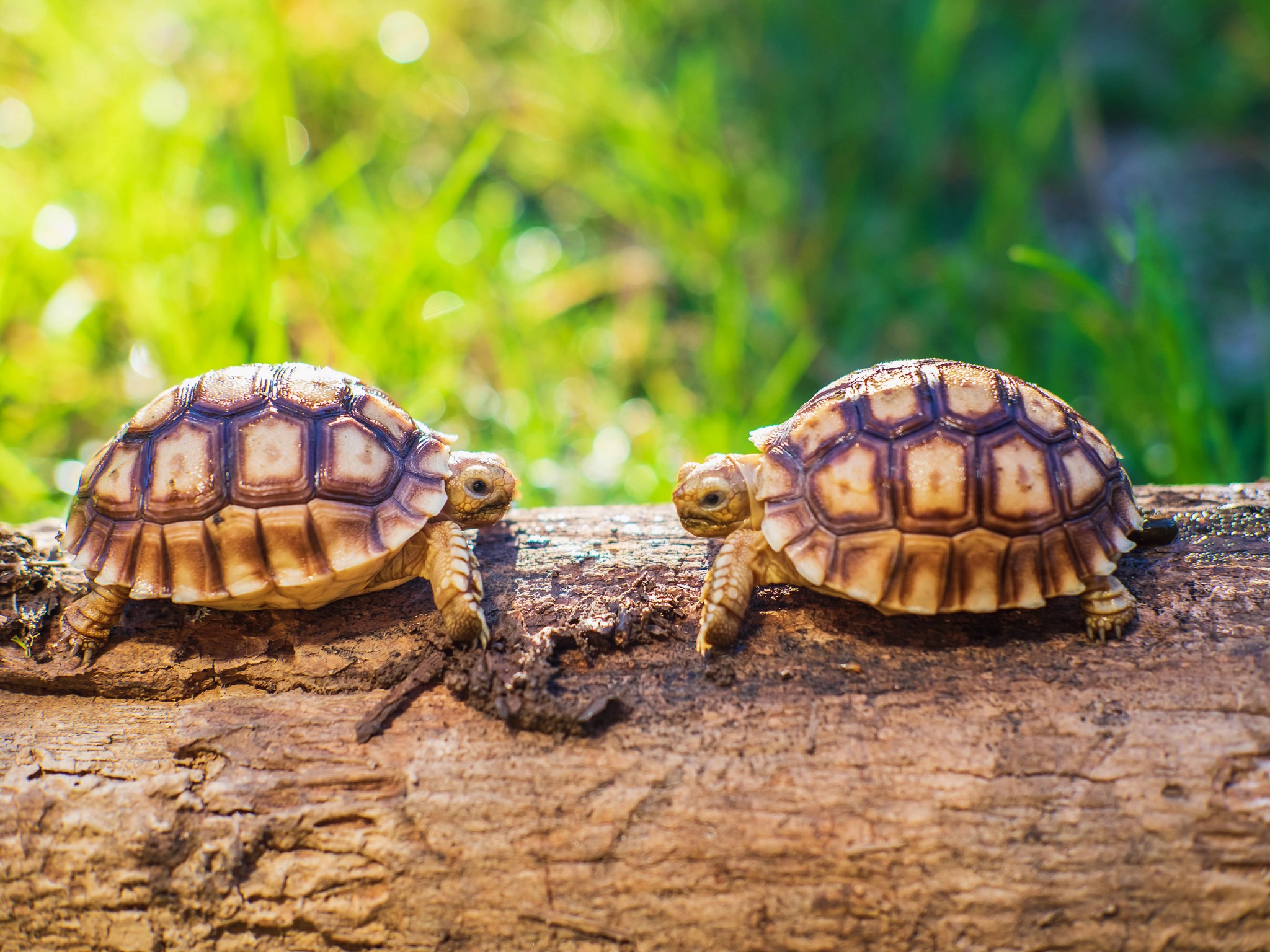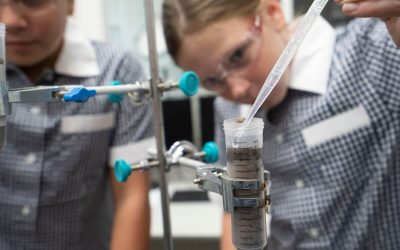You might have seen it before – a lizard, or maybe even a snake, sitting proudly on a big rock soaking up the sunlight. Did you know they aren’t just out there for fun? Sure, laying in the sun feels good, but animals like lizards and snakes are cold-blooded creatures and they need the warmth of the sunlight to keep their bodies working properly.
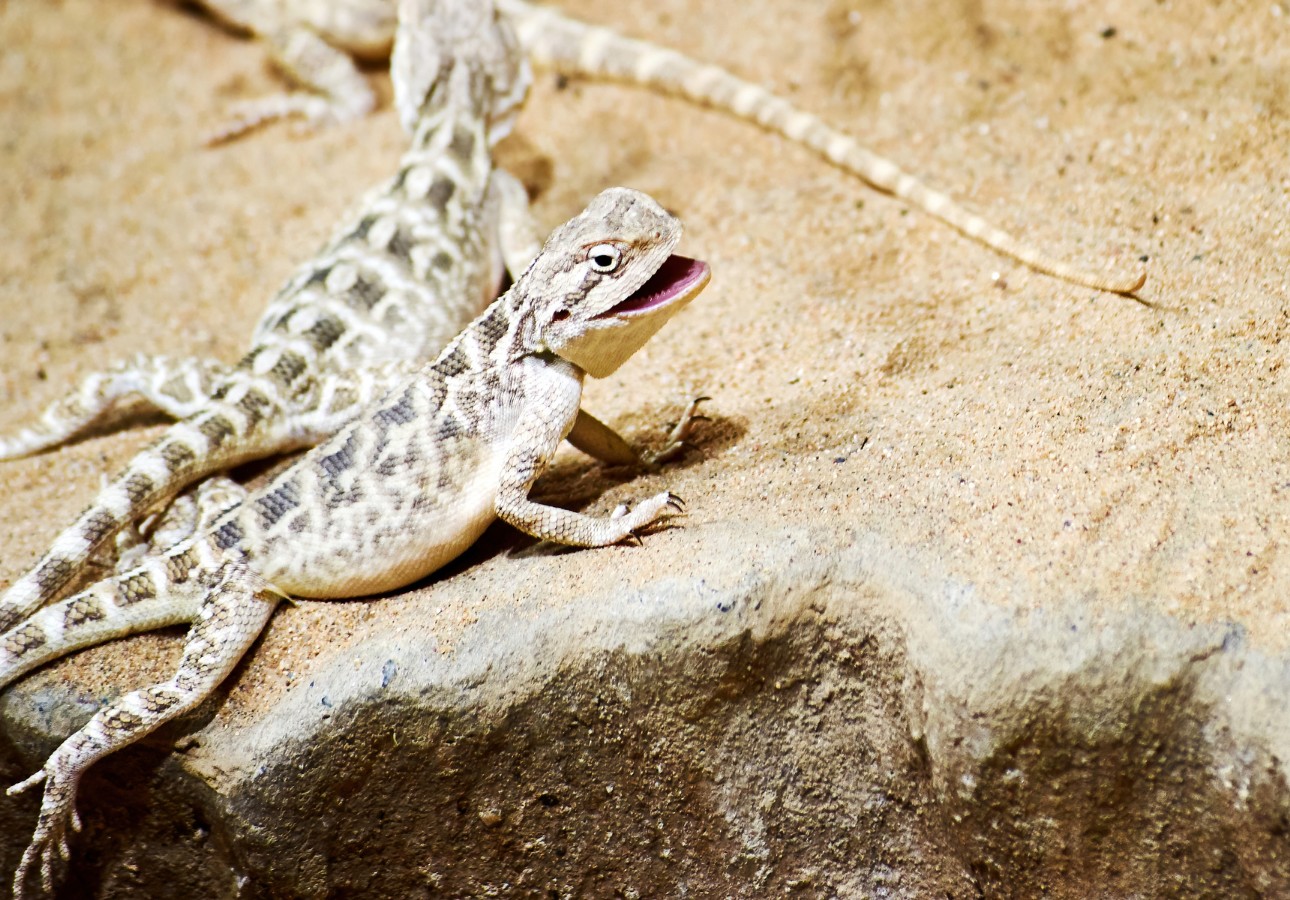
What is a Cold-Blooded Animal?
If you hold your hand up to your cheek you’ll notice that your skin feels a little bit warm. That’s because humans are classed as mammals, and almost all mammals are warm-blooded creatures. Warm-blooded animals, or endotherms, are able to regulate their own body temperature. That means we can stay cool when the weather is hot and warm when the weather is cold.
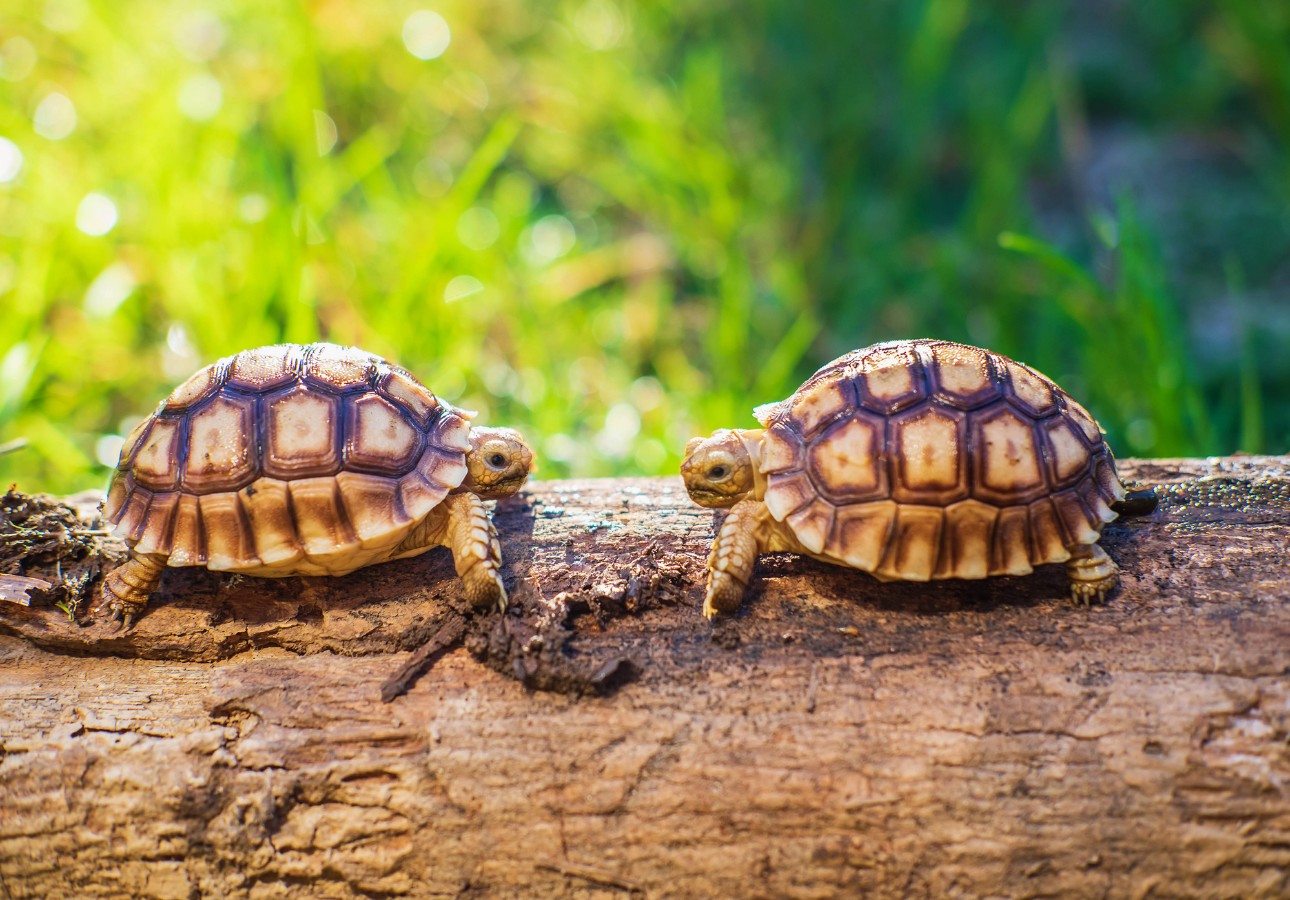
Not all animals are endotherms though. Some, like lizards, snakes and turtles, are cold-blooded creatures, also known as ectotherms. Their bodies don’t regulate their own temperature and instead, it changes depending on their environment. Since they can’t keep warm or cool down on their own, cold-blooded creatures have developed other ways of raising and lowering their body temperature, like going for a swim to cool off, or laying in the sun to warm up.
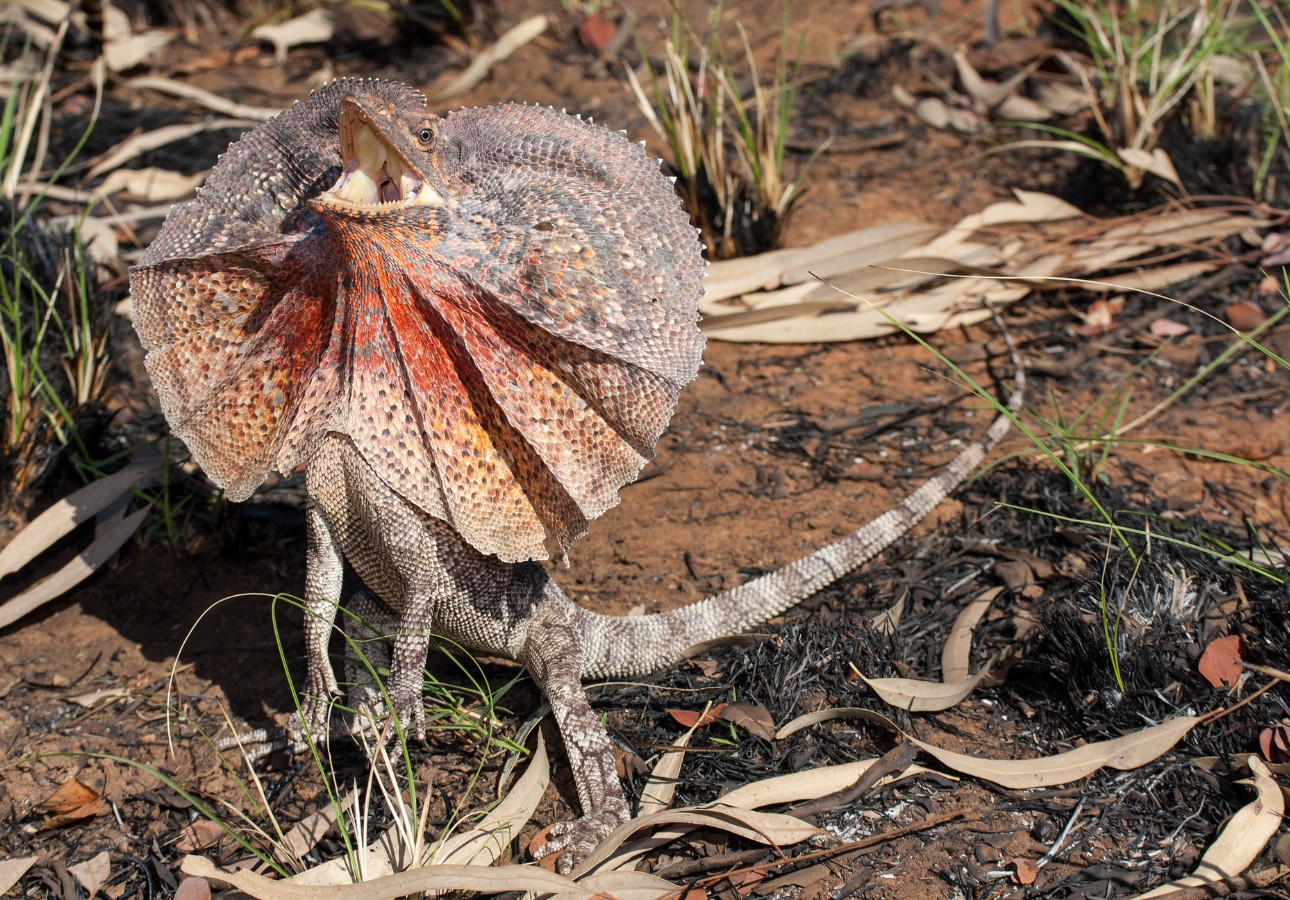
Staying Toasty Under the Sun
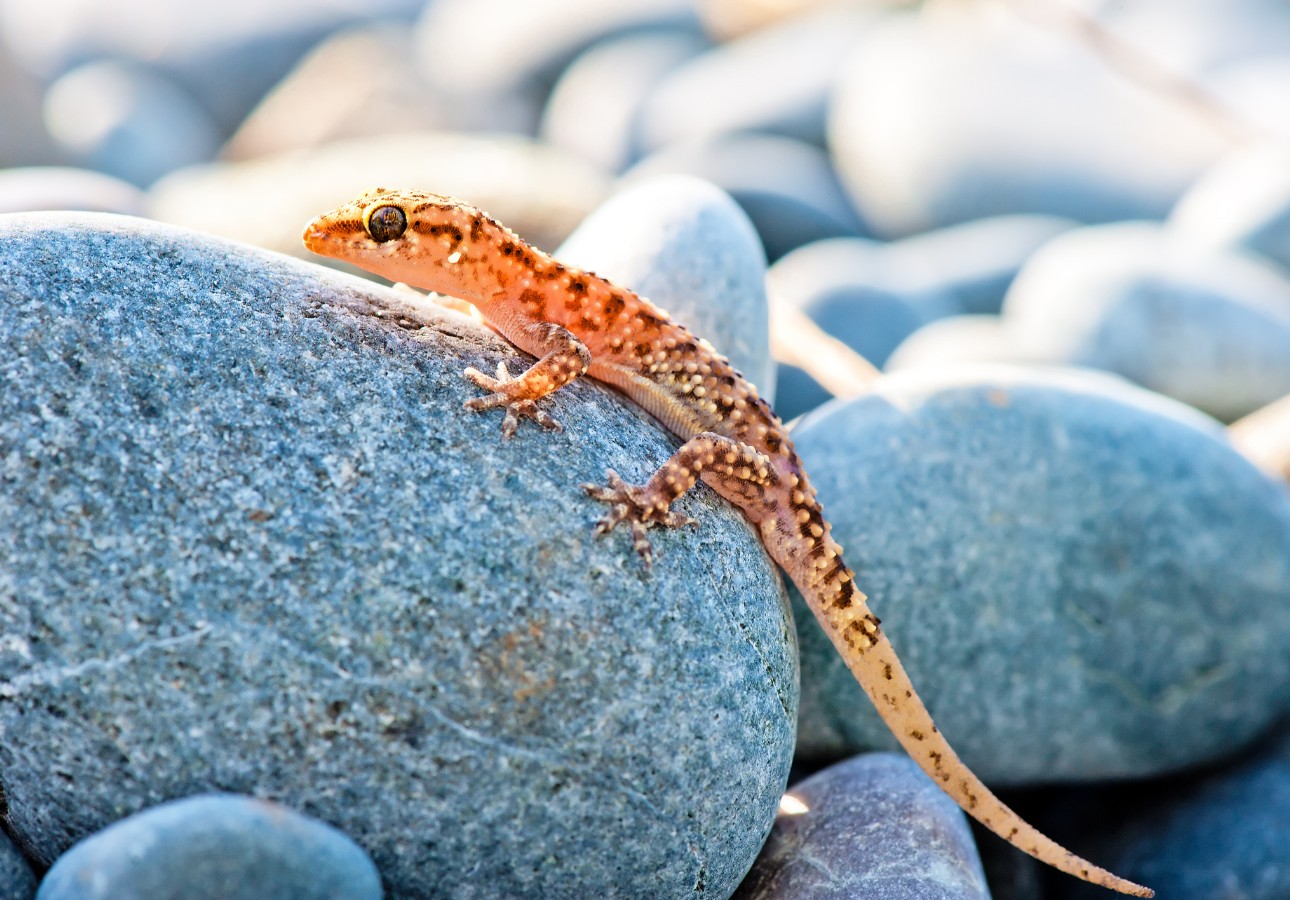
So, if you have been lucky enough to see a lizard basking in the sun then that’s what it was doing – using the sun’s warmth to heat up its body. This is often called sunbathing or basking, except they aren’t out there trying to get a nice tan.
Cold-blooded creatures bask in the sun to warm up and help their bodies function properly. Just like in a human’s body, everything a lizard’s body needs to do takes energy. The food they eat becomes energy, and that’s what lets them move around, hunt, sleep, heal injuries and keep their internal organs working the way they should.
For cold-blooded animals, the tricky part is actually changing the food they eat into the energy their bodies need. Converting food to kilojoules that they can use to function is done by tiny chemical reactions constantly happening all throughout the body. Those chemical reactions are often called the metabolism, and it’s how every animal on earth stays alive. The only problem for cold-blooded creatures is that the metabolic system works much better when their body temperature is higher.
In cold temperatures, their bodies remain cool and their metabolism slows down. This usually leaves cold-blooded creatures feeling slow and sleepy as their body produces less energy they can use to function.
Why Do Cold-Blooded Creatures Exist?
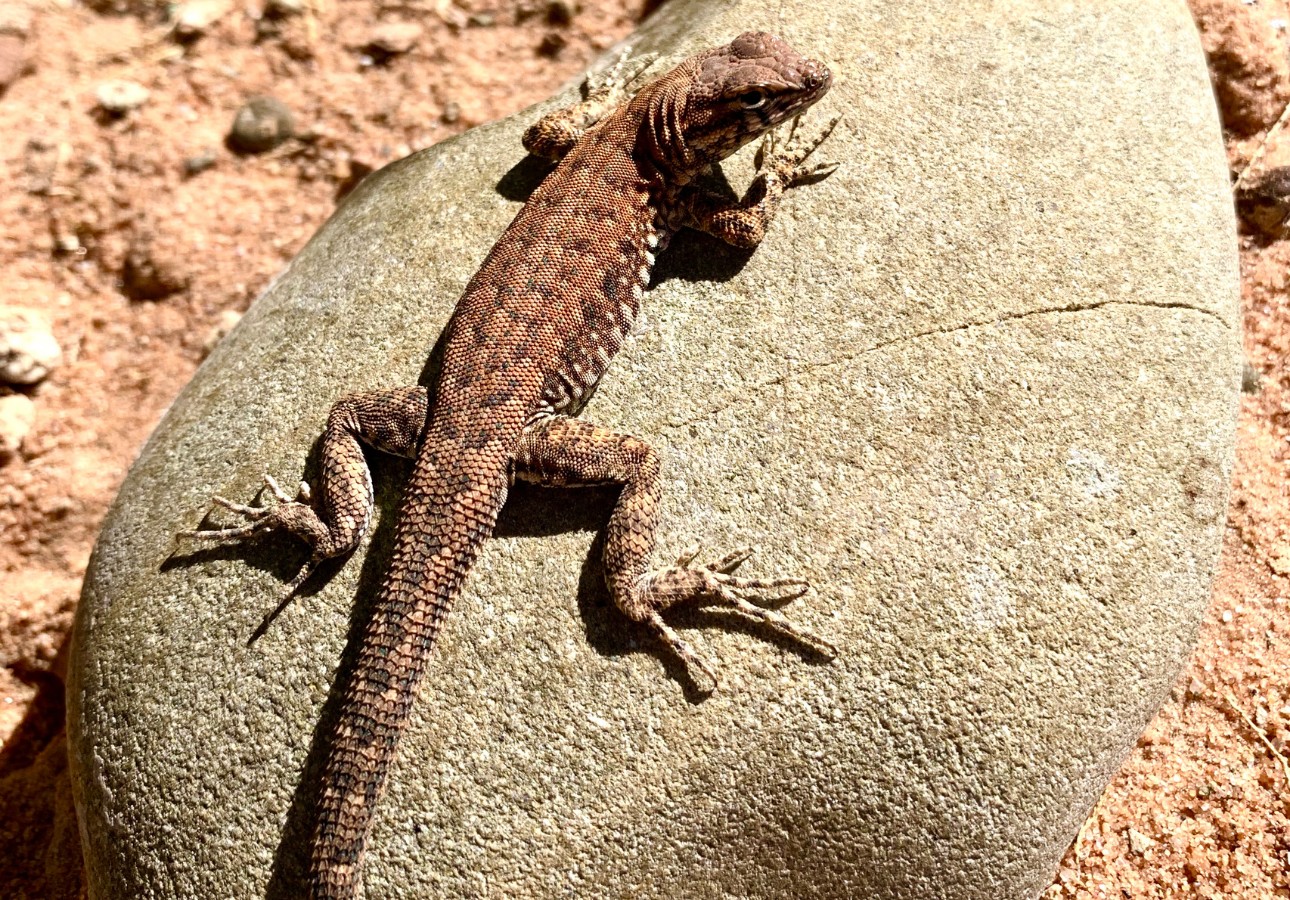
Since they need to be warm for their bodies to work properly, it might sound like being cold-blooded makes it harder to stay alive. Why didn’t they evolve like mammals to control their own body temperature?
Hundreds of millions of years ago, back when dinosaurs still roamed the Earth, temperatures were much warmer and almost every animal was cold-blooded. And, although they needed help to regulate their temperature, it meant their bodies used much less energy. Warm-blooded mammals can keep themselves warm, but it uses a lot of energy to do so. That means they need to spend more time hunting and eating, and at times where it was hard to find food, mammals often struggled to survive.
Cold-blooded animals survived all these millions of years because their bodies need much less food to stay alive. Reptiles like pythons and crocodiles can survive months, or even years, without needing to eat. Their bodies simply slow down and that lets them stay alive even when the weather is cold and food is hard to find.
As the millennia went on and the Earth cooled, mammals evolved the ability to keep themselves warm, but cold-blooded creatures thrived in environments all over the world thanks to their special metabolism.
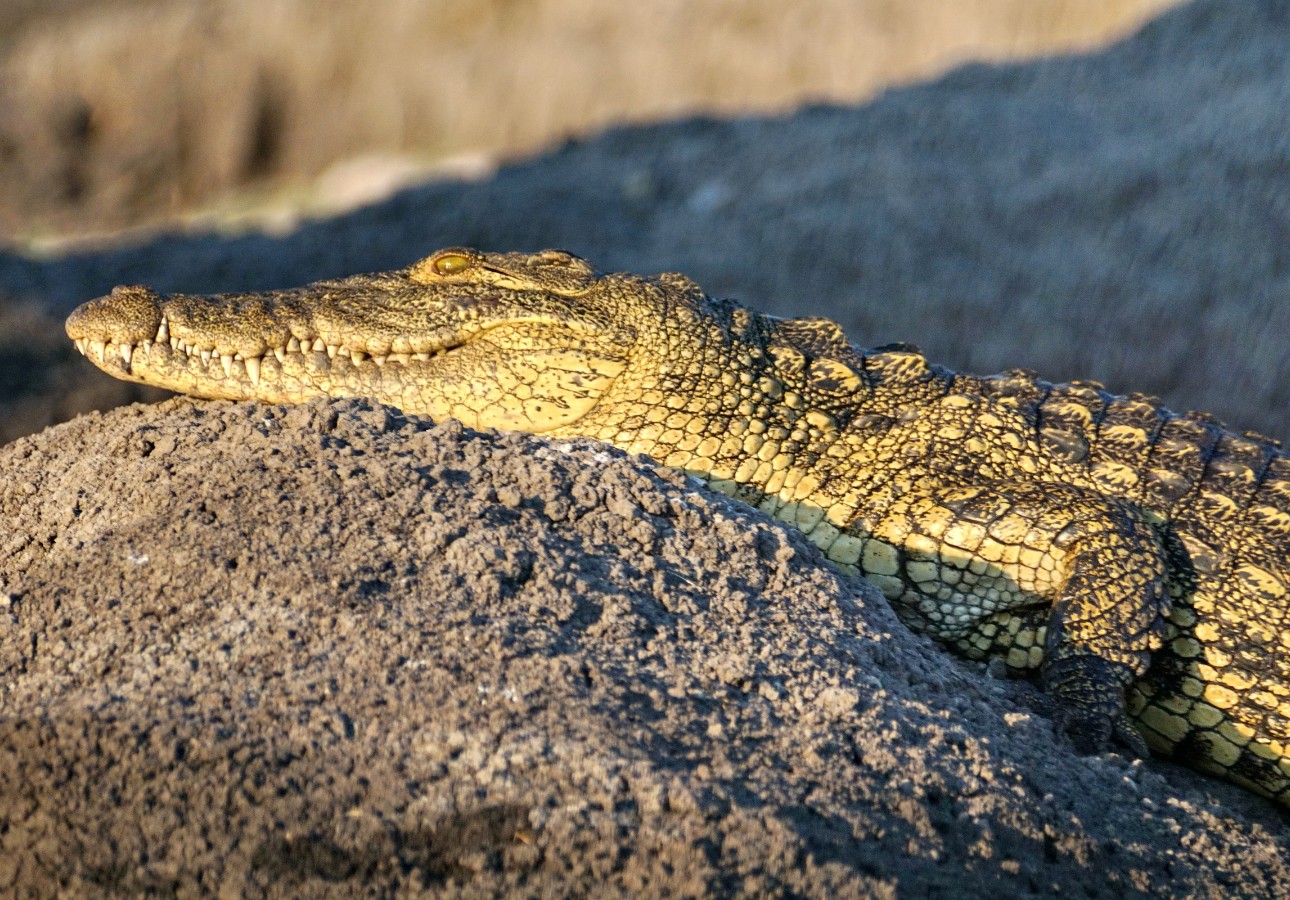
Book Today To Learn About Reptiles With Our Wings or Limbs Workshop
If you want to learn more about snakes and lizards and all sorts of cold-blooded animals, book a spot in the Year 5 Wings or Limbs Workshop with Street Science! All the workshops we run are fun, educational and we offer classes suitable for age groups from kindy through to high school. You can book online or contact our friendly team if you would like more information.

